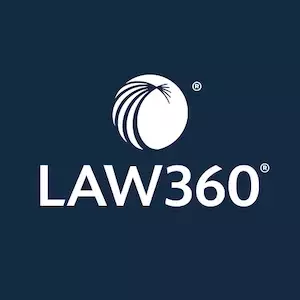
In a significant legal development, Venezuela has requested the dismissal of a high-profile lawsuit concerning nearly $2 billion in defaulted bonds issued by its state-owned oil company. The South American nation is arguing that these financial instruments are invalid under its national legislation. This move comes after more than five years of ongoing litigation in New York federal court. The dispute highlights the complex interplay between international finance and domestic law, as well as the challenges faced by creditors seeking to enforce claims against sovereign entities.
The origins of this legal battle can be traced back to Venezuela's economic turmoil. Over the past few years, the country has experienced severe financial strain, leading to defaults on various debt obligations. In response, bondholders initiated legal proceedings in an attempt to recover their investments. However, Venezuela contends that the issuance of these bonds contravenes its internal regulations, thereby rendering them null and void. This argument forms the crux of the country's petition for dismissal. The case underscores the difficulties encountered when enforcing international contracts within a framework governed by national laws.
Legal experts point out that such cases often hinge on the principle of sovereign immunity, which grants nations protection from certain types of lawsuits. Venezuela's defense strategy appears to be leveraging this concept, along with its domestic legal statutes, to challenge the legitimacy of the bonds. If successful, this could set a precedent for similar disputes involving state-owned enterprises and international creditors. The outcome will likely have far-reaching implications for future investment decisions in emerging markets.
The request for dismissal also reflects broader geopolitical tensions. Venezuela's government has long maintained a stance of resistance against foreign legal actions, viewing them as interference in its internal affairs. This particular lawsuit is just one example of the numerous legal challenges the country faces abroad. As the case progresses, it will be closely watched by both financial analysts and policymakers who are keen to understand how courts handle conflicts between international agreements and domestic laws.
As the New York federal court considers Venezuela's motion, the stakes remain high for all parties involved. For bondholders, the resolution of this case could determine whether they will ever see a return on their investments. Meanwhile, Venezuela seeks to protect its assets and assert its sovereignty in the face of international scrutiny. The court's decision will undoubtedly shape the landscape of cross-border debt enforcement and highlight the importance of understanding local legal frameworks when engaging in global financial transactions.
